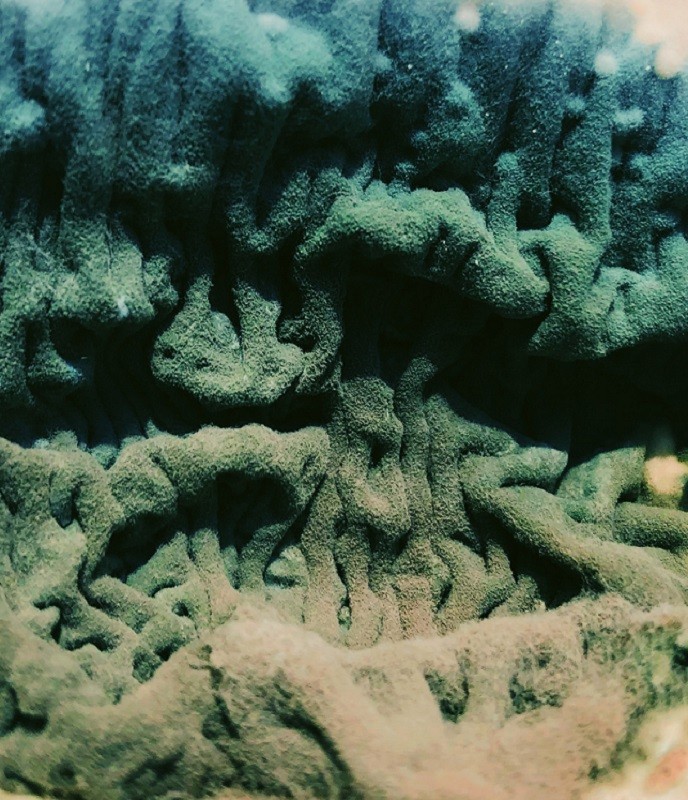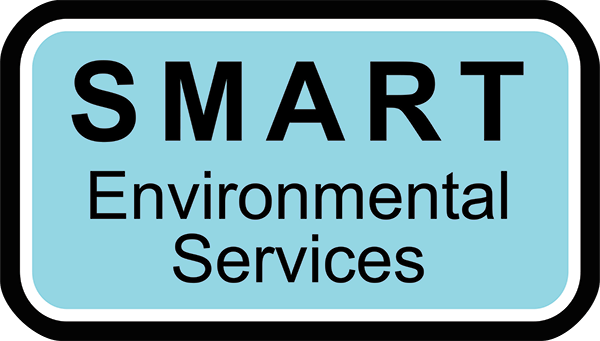For mold damage in Kansas City, you need help from the mold remediation experts at SMART Environmental Services. Finding mold is never a pleasant experience, whether it be in a kitchen, bathroom, or bedroom in your home or your place of business. For some people, mold can cause a variety of health issues such as sneezing, itchy eyes, headaches and even breathing problems. Not only that, but mold causes thousands of dollars of damage every year. If you need services for mold damage in Kansas City, SMART Environmental Services can help.
Mold spores are everywhere! Most of the time we don’t notice them because we can’t see them. The everyday levels of mold spores found in most homes or offices are usually not harmful to people or structures. However, if given a chance to grow and reproduce, mold can not only make people sick, it can cause structural damage. Mold feeds on organic materials, many of which are used in building construction. According to the Centers for Disease Control and Prevention (CDC) “Many building materials provide suitable nutrients that encourage mold to grow. Wet cellulose materials, including paper and paper products, cardboard, ceiling tiles, wood, and wood products, are particularly conducive for the growth of some molds. Other materials such as dust, paints, wallpaper, insulation materials, drywall, carpet, fabric, and upholstery, commonly support mold growth.”
What does mold need to gain a foothold in a structure? The answer is simple: Warmth, moisture and organic material. As previously stated, organic materials are everywhere in most buildings. Moisture can come about in a lot of different ways. Bathrooms and kitchens are naturally moist environments due to steam from showers, baths or cooking. Some other ways that moisture can accumulate are hidden plumbing leaks or overflowing sinks, dishwashers or washing machines. Structurally, leaks can come from damaged roofs, leaking windows or overflowing gutters. Sometimes structural damage is not immediately apparent because the water has run down behind walls or under flooring and is not even visible!
Mold can also be a real problem if you own rental property. Under the laws that govern habitability in rentals, landlords are responsible for making sure that any mold that is discovered is taken care of promptly and completely. Under Kansas law, landlords are required to maintain rental property in compliance with state, city and county laws or codes governing health and safety. Missouri requires similar responsibility from landlords. Those who refuse to fix problems that affect health and safety could face lawsuits from tenants or citations from the health department, depending on the location.
Posted in General

